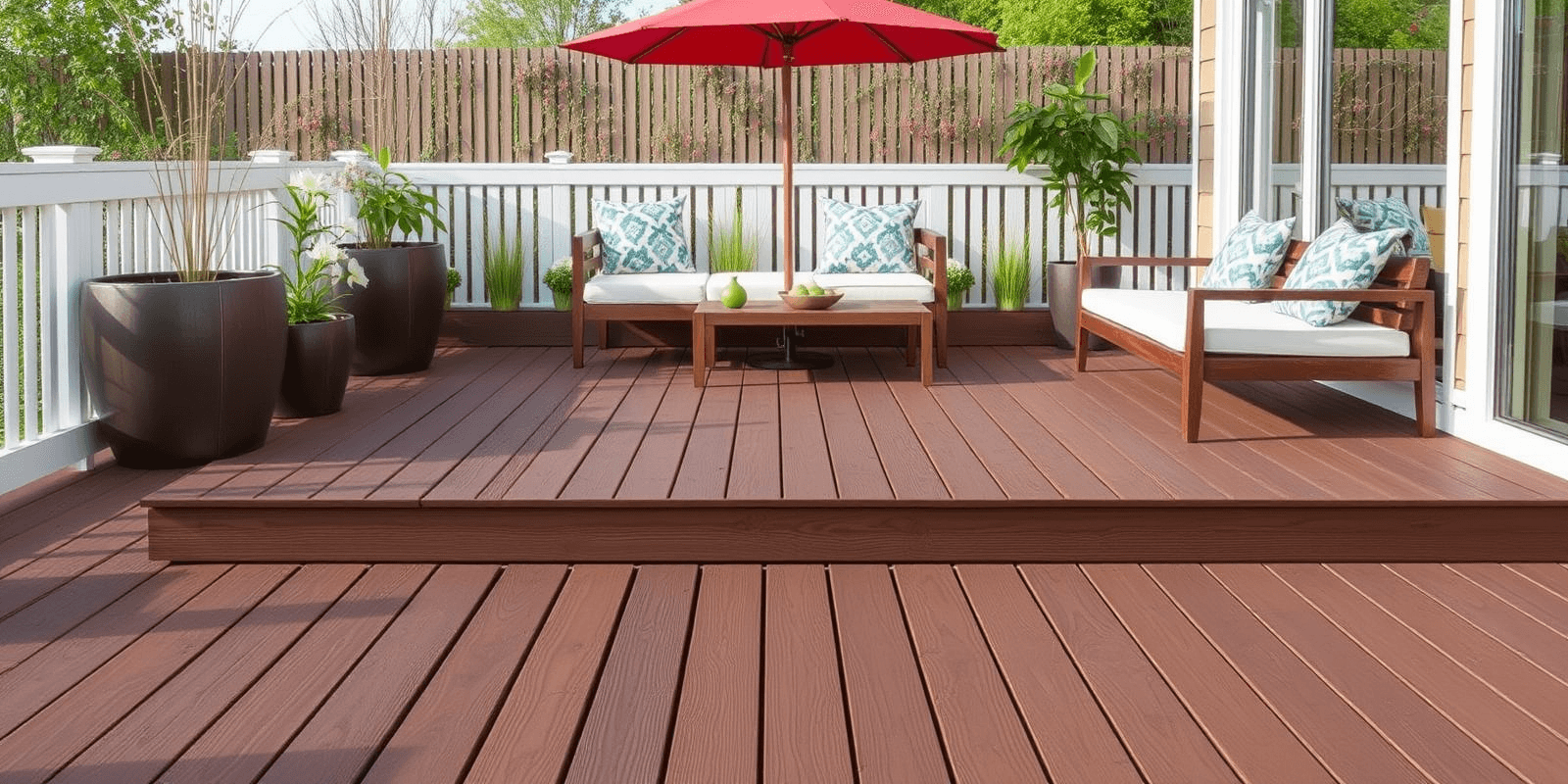The Benefits of Eco-Friendly WPC Decking Materials for Your Outdoor Spaces
In recent years, the demand for sustainable materials has surged as homeowners and builders alike search for alternatives that are kind to the environment. Among the many options available, eco-friendly WPC (Wood-Plastic Composite) decking materials have become a preferred choice for outdoor spaces. This article will discuss the numerous advantages of using these materials, including their environmental benefits, durability, maintenance considerations, aesthetic appeal, as well as popular brands and installation tips.
Understanding Eco-Friendly WPC Decking
WPC decking is a blend of wood fibers and recycled plastic materials. This combination not only utilizes waste from both industries but also reduces the consumption of natural resources. Eco-friendly WPC decking materials contribute to a more sustainable building process, offering a compelling alternative to traditional timber decking.
Environmental Benefits
One of the most prominent advantages of eco-friendly WPC decking materials is their minimal environmental impact. Here are several key points illustrating their eco-friendliness:
- Recycled Content: Most WPC products contain a significant percentage of recycled plastics, reducing landfill waste and lowering the carbon footprint associated with the production of new materials.
- Deforestation Prevention: By utilizing plastic and wood fibers that would otherwise be discarded, WPC decking helps alleviate the pressure on forests, contributing to biodiversity preservation.
- Low Emissions: Manufacturing eco-friendly WPC decking involves fewer toxic emissions compared to traditional treated wood, thereby promoting a healthier outdoor and indoor environment.
- Durability: WPC decking is designed to withstand various weather conditions, which means it won’t need to be replaced regularly. This longevity significantly reduces the amount of material that needs to be disposed of over time.
Durability Compared to Traditional Materials
When considering outdoor decking options, durability is a key factor. Here’s how eco-friendly WPC decking stacks up against traditional wood materials:
- Weather Resistance: WPC decking is resistant to moisture, which prevents warping, splintering, and cracking. This resilience helps maintain its appearance and structural integrity for years.
- Insect Repellant: Unlike untreated wood, which is susceptible to rot and insect infestations, WPC decking materials are typically resistant to termites and other wood-boring insects, further enhancing their longevity.
- Fading Resistant: Eco-friendly WPC products often come with UV protection, ensuring that colors remain vibrant despite exposure to sunlight.
- Scratch and Stain Resistance: Many WPC decking products are designed to be scratch and stain resistant, making them an ideal choice for high-traffic areas.
Maintenance Considerations
Another noteworthy advantage of eco-friendly WPC decking materials is their low-maintenance requirements:
- Easy Cleaning: WPC decking can be easily cleaned with soap and water, without the need for sanding or sealing, making upkeep less labor-intensive and time-consuming.
- No Chemical Treatments: Since WPC decking is resistant to pests and rot, it does not require chemical treatments or preservatives, ensuring a safer environment for family and pets.
- Minimal Splintering: Eco-friendly WPC decking materials do not splinter as traditional wood can, meaning you can enjoy bare feet on your deck without concern.
Aesthetic Appeal
Beyond the technical advantages, eco-friendly WPC decking also offers significant aesthetic appeal. Here are some ways in which they enhance outdoor spaces:
- Variety of Designs: WPC decking is available in a wide range of styles, colors, and textures, allowing homeowners to customize their outdoor spaces to match their personal preferences and the existing architecture.
- Natural Look: Many manufacturers have developed finishes that replicate the look of natural wood, combining the aesthetic benefits of wood with the durability of composite materials.
- Seamless Integration: WPC decking can easily blend with other landscaping elements, enhancing the overall beauty of your home’s exterior.
Popular Brands of Eco-Friendly WPC Decking
Several reputable brands have established themselves as leaders in the eco-friendly WPC decking market. Here are a few worth considering:
- Trex: Trex is a prominent name in composite decking and offers eco-friendly options that boast long-lasting durability and a vast selection of design choices. Their products are made from 95% recycled materials.
- TimberTech: TimberTech provides innovative WPC solutions and is known for its commitment to sustainability, with materials made from a blend of recycled wood and plastic.
- Fiberon: With an emphasis on eco-friendliness, Fiberon decking materials are manufactured using recycled materials and available in a wide variety of colors and styles.
- VERANDA: VERANDA offers affordable and eco-friendly WPC decking that mimics the look of natural wood while providing long-lasting durability.
Installation Tips for Eco-Friendly WPC Decking
While installing eco-friendly WPC decking can be a DIY project, considering the following tips can ensure a successful installation:
- Follow Manufacturer Guidelines: Always refer to the installation instructions provided by the manufacturer to ensure proper spacing, fasteners, and structural support.
- Use Proper Tools: Invest in high-quality tools designed for WPC materials to ensure clean cuts and proper fitting during installation.
- Allow for Expansion: WPC decking can expand and contract with temperature changes, so be sure to leave adequate gaps for this movement.
- Consider Professional Help: If unsure about your ability to install the decking correctly, consider hiring a professional for optimal results.
Conclusion
Eco-friendly WPC decking materials are an excellent choice for outdoor spaces, offering numerous benefits that align with a more sustainable lifestyle. With their environmentally friendly characteristics, exceptional durability, low maintenance requirements, and diverse aesthetic options, WPC decking proves to be a valuable investment for homeowners looking to enhance their outdoor living areas. As you explore your decking options, be sure to consider the various brands available and follow installation best practices for the best results.
For more information and resources about eco-friendly WPC decking, feel free to check out links to additional resources like Trex, TimberTech, and Fiberon.
